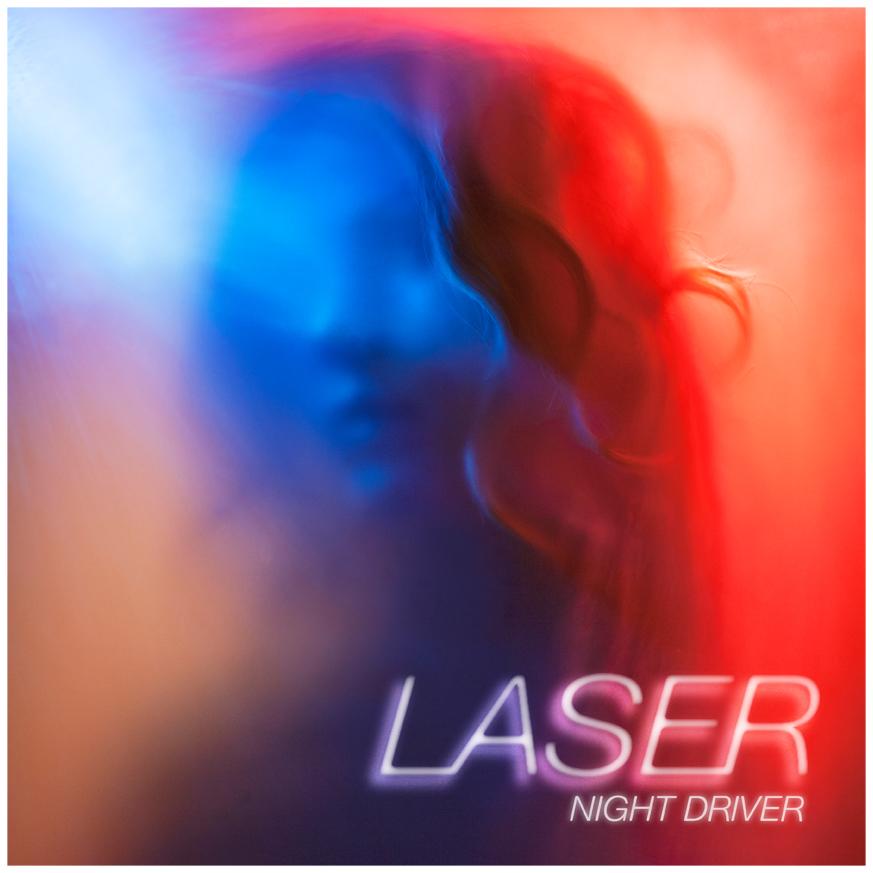Toronto indie-rock supergroup Broken Social Scene’s four-year hiatus hasn’t kept its 20-plus members quiet. Now, it’s singer Lisa Lobsinger’s turn to break out.
Since the band quietly dissolved after 2010’s brilliant “Forgiveness Rock Record,” many of the band’s 20-plus members have redefined themselves through other projects and solo ventures — but to varying success.
Frontman Kevin Drew and singer Feist are the most popular examples, whose solo careers have generally paralleled Broken Social Scene’s critical achievements. Bassist and guitarist Brendan Canning has also released a couple independent records, including one under the “Broken Social Scene Presents” moniker.
Broken Social Scene founders Emily Haines and Jimmy Shaw’s band Metric and Evan Cranley’s Stars have both accrued extensive catalogues since 2010, but neither could quite match Broken Social Scene’s consistent critical acclaim.
Lobsinger, along with fellow Canadian bandmates Paul Pfisterer and Marty Kinack, has her foot in a web of different projects, but Laser’s electro-pop debut “Night Driver” is the most interesting.
Layered with synthesized beats and Lobsinger’s swooning, pristine voice, the record confidently captures the more intimate electronic side of “Forgiveness Rock Record.” Lobsinger’s voice is the driving force behind each track — much as it was for some of Broken Social Scene’s more tender, catchy songs, such as “All to All” and “Anthems for a 17-Year-Old Girl.”
“I am not tired I am just so bored / Of listening to you snore,” Lobsinger teases on opening track “Leaving It Too Late,” which showcases her arresting ability to both tickle and soothe. “Night Driver” harbors the emotional ups and downs of an urban break-up record. Some of the words come like an ear nibble and others a sorrowful truth, such as, “It is time for one of us to move on / So when you wake up I will be gone.”
As internally chaotic and lengthy as Broken Social Scene records go — each coming in at about 14 tracks — “Night Driver” contains a modest seven. It demands several listens in a single sitting, regardless of relationship status.
This is mostly because the lyrics don’t bog down the most contemplative and emotional songs, lifted up instead by Lobsinger’s layered vocal harmonies and disco-pop synthesizers. Groovy isn’t a word commonly used for break-up albums, but it’s not out of place here.
Laser released three singles before dropping the record Jan. 29, including “Leaving It Too Late,” “Do We All Feel It” and “Disconnect,” which is the best of the three and the record’s anchor as a strikingly honest song about the uncertainty of a crumbling relationship.
“Disconnect” is also the most repetitive song on “Night Driver,” repeating nearly the same verse twice between chorus three-peats and a steady beat. Its bouncy and light tone builds for three minutes, but never dulls behind slight guitar chirps and desperate lyrics struggling to find sense in an increasingly worse situation — “Where did we go? Seems like there’s no regret / Do we let it go or do we protect it?”
Its climax is stellar, bursting like a supernova, as Lobsinger’s voice swells and then suddenly fades with a couple rattling cymbals before popping back in and out as the song slowly closes over the final minute. Despite it feeling like the lifespan of a fight that finally kills a long-plagued relationship — residual encounters and all — it is gorgeous.
The same can be said for all of “Night Driver,” but not for every Broken Social Scene offshoot. Feist’s collaboration with metal outfit Mastodon for example, “Feistodon,” shows it’s not always easy for artists to find fresh sounds.
Lobsinger has carved out her turf in Laser. Whether “Night Driver” is the first of many records or not, it introduces Laser as one of the Toronto indie-rock scene’s most exciting new artists.


